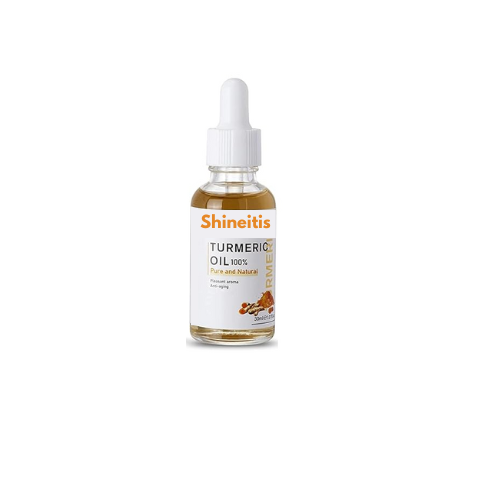Turmeric is generally considered safe for cats and dogs in small, controlled amounts. However, there are some important considerations to keep in mind when introducing turmeric into your pet's diet or using it topically.
Benefits of Turmeric for Pets
-
Anti-Inflammatory Properties:
- Turmeric contains curcumin, which has anti-inflammatory effects. This can be beneficial for pets with arthritis or other inflammatory conditions.
-
Antioxidant Benefits:
- The antioxidants in turmeric can help combat free radicals, potentially improving overall health and longevity.
-
Digestive Health:
- Turmeric can aid in digestion and help with gastrointestinal issues, such as bloating and gas.
-
Anti-Cancer Properties:
- Some studies suggest that curcumin may have anti-cancer properties, potentially helping to prevent the development and spread of cancer cells.
Potential Risks and Considerations
-
Dosage:
- It’s crucial to administer the correct dosage. Too much turmeric can cause gastrointestinal upset, including diarrhea and vomiting. A common guideline is to start with a small amount (like a pinch for cats or a quarter teaspoon for dogs) and observe how your pet responds.
-
Quality and Purity:
- Use high-quality, pure turmeric without additives or artificial ingredients. Some turmeric products may contain substances that could be harmful to pets.
-
Interaction with Medications:
- Turmeric can interact with certain medications, such as blood thinners and anti-inflammatory drugs. Consult your veterinarian before adding turmeric to your pet’s diet if they are on medication.
-
Allergic Reactions:
- While rare, some pets may have an allergic reaction to turmeric. Signs of an allergic reaction include itching, swelling, and difficulty breathing. If you notice any of these symptoms, discontinue use and consult your veterinarian.
-
Absorption:
- Turmeric is not easily absorbed by the body. Combining it with a healthy fat (like coconut oil) and black pepper (which contains piperine) can enhance absorption and efficacy.
How to Administer Turmeric to Pets
-
In Food:
- Mix a small amount of turmeric into your pet’s food. Start with a tiny dose and gradually increase it, observing for any adverse reactions.
-
Golden Paste:
- A popular way to give turmeric to pets is by making "golden paste," which is a mixture of turmeric, coconut oil, and black pepper. This paste can be added to your pet’s food in small quantities.
-
Topical Use:
- Turmeric can be applied topically to wounds or skin irritations. However, be cautious as it can stain fur and surfaces. Ensure your pet does not lick the area excessively, as this could lead to ingestion of too much turmeric.
Conclusion
Turmeric can be beneficial for cats and dogs when used appropriately and in moderation. It’s important to consult with your veterinarian before introducing turmeric into your pet’s diet or using it topically, especially if your pet has underlying health conditions or is on medication. By taking these precautions, you can safely incorporate turmeric into your pet’s health regimen and potentially provide them with its numerous health benefits.







Leave a comment
This site is protected by hCaptcha and the hCaptcha Privacy Policy and Terms of Service apply.